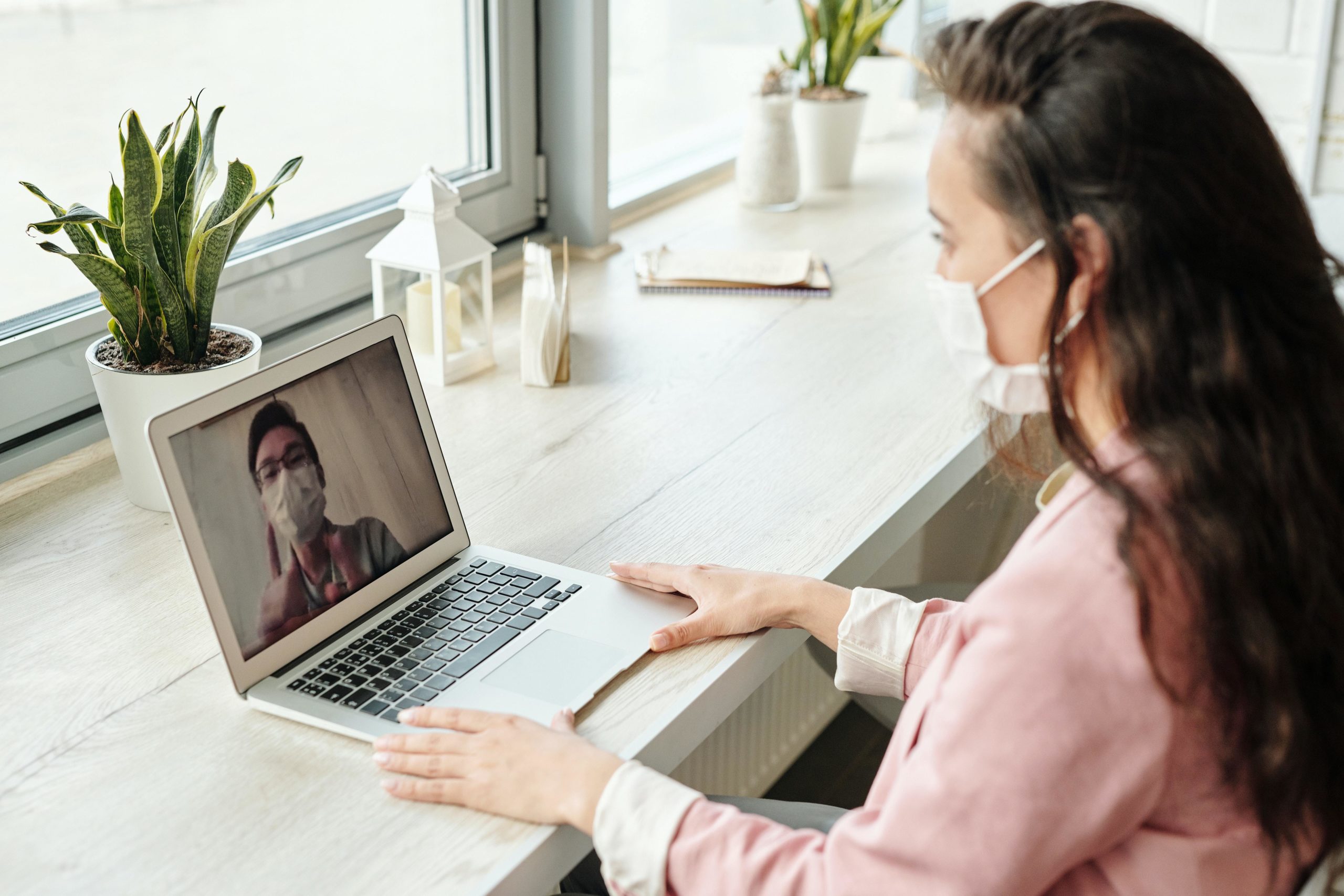Written by Gareth Morris, group director of health, safety, quality and environmental compliance at the Morson Group
In the last month, we have seen the first instances of localised lockdowns introduced, with Leicester, Greater Manchester and Lancashire communities facing stricter restrictions than the rest of the country to stem a new spread of COVID-19.
The threat of localised lockdowns has been present ever since the Government lifted the national restrictions implemented because of the pandemic. But the reality for health and safety teams who have already welcomed their workforces back is another wave of complexities, disruption to normal service and a need to reassure workers their personal preferences will be met.
Our Group HQ is in Eccles, Greater Manchester, meaning we have been affected by this latest local lockdown. However, we’d had one eye on the chance we could face an overnight change in guidance so had already taken several steps to minimise interference with our operations. And we’re encouraging clients who work in areas that aren’t yet re-locked down to act similarly.
Prepare for rapid change
We are entering a new period of the pandemic. More localised lockdowns will come along, and as we head toward autumn and winter, they will only become more prevalent. Businesses have got to be ready; Boris’ statement to be ‘alert’ has never been more appropriate.
Local lockdowns can come into play overnight, so the key is to prepare for this scenario and run trials to check for any bumps in the road, so you can iron them out before they happen. Implement agile working; ensure your IT systems and infrastructure are ready to handle a mass migration back to home working. Or, if you’re in an area where it’s only social restrictions that are in place, ensure your working environment is set up for daily temperature checks and ongoing sanitisation to reassure those using your space.
Cater for mental health
The national lockdown has affected every individual, in a very individual way. Many have reported increased mental health concerns as they struggled with the lack of normality and contact with loved ones. Those now experiencing local lockdowns may start to experience similar feelings, and employers must be prepared to cater for this on a person-by-person basis.
In areas seeing spikes, particularly anxious people may be concerned about heading to work or using public transport to get there. In such instances, you must reassure your teams that every possible precaution has been made to create a COVID-secure environment.
What we experienced during the national lockdown was a desire from many of the team to come back to our premises as soon as possible; some still had reservations, so to satisfy both needs, we undertook fly-through filming of our Manchester HQ to demonstrate the control measures we’d put in place. This included signage and markings, socially distanced workstations and how we would use technology – such as our Fit For Work app – to ensure complete compliance.
The video was shared in a company-wide communication to show those who wanted to come back to work that they were safe to do so. Creating this staggered return has, in hindsight, better prepared us for the pinch point now created by the GM local lockdown; planning may be key but sometimes a small action can prove beneficial without you even realising it.
Blanket communications
There is a duty of care amongst health and safety teams to ensure that all workers are kept abreast of company changes. We’ve shared previous guidance on how frequent you should be speaking with your teams about changes in operation during the pandemic, but when local lockdowns now have the potential to hit your business, it’s time to look at your communications strategy again.
The most important thing is to take a blanket approach; and that’s not something you often hear! Whether someone is back in work full-time or remains on furlough, when it comes to health and safety, they must be treated equally. Sharing updates every week has been okay up to now; in the case of a local lockdown – when decisions are made at midnight that have ramification before the morning comes – communicating more often is absolutely acceptable and should be encouraged. Any uncertainty in your team as to where things stand makes an already stressful scenario even harder to manage. Be clear, be concise, be consistent.
The move from national to local lockdown is arguably easier to manage than the bombshell we were all dealt in March, but in both scenarios, businesses rely on the behaviour of individuals to abide by guidance. Humans are sociable beings; we like being in groups and distancing goes against our nature. Local lockdowns are being introduced for the good of our communities so while they come with unique challenges, the best way of ensuring your teams fall in line with rules is to remain transparent at every stage and show you have their best interests at heart.
To find out more, contact me directly at gareth.morris@morson.com
Our office fly through footage can also be shared on request should you wish to view this. The video showcases how we’ve adapted our Manchester HQ to support a safe return to work, including thermal imaging technology and AI to accurately measure the temperature of guests as they enter the building, together with close call reporting via our Safety Matters app and our Fit For Work app, which has been built in partnership with Vencuro and AI specialists facecheck.ai.







